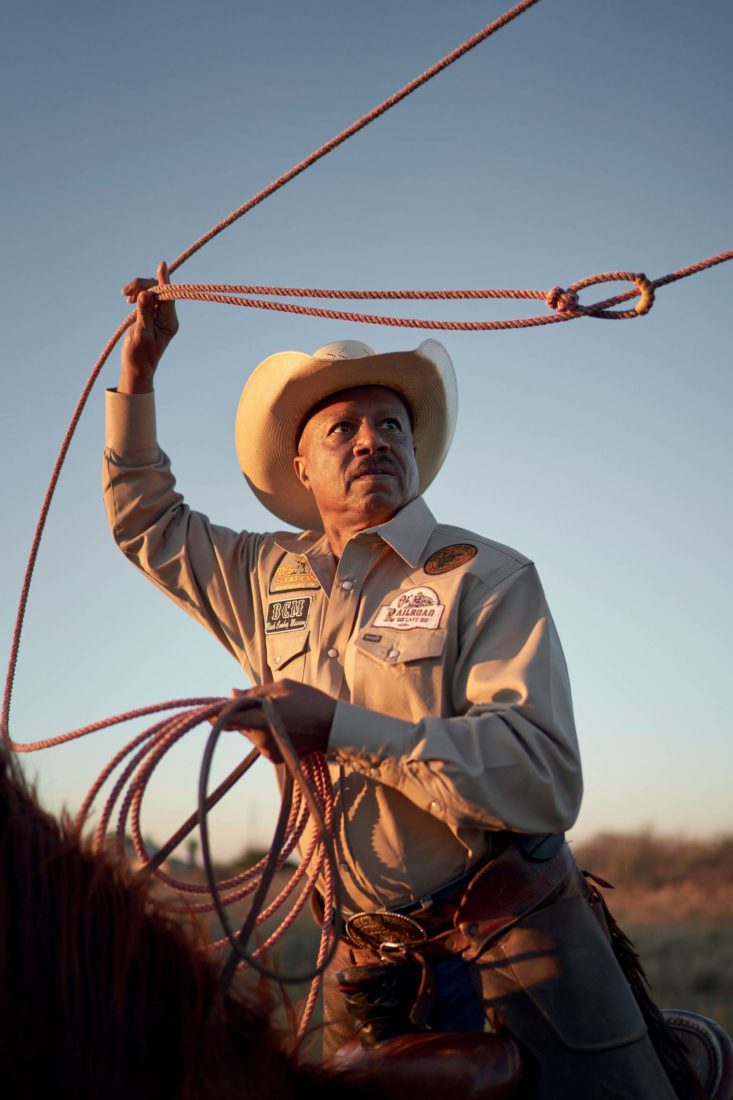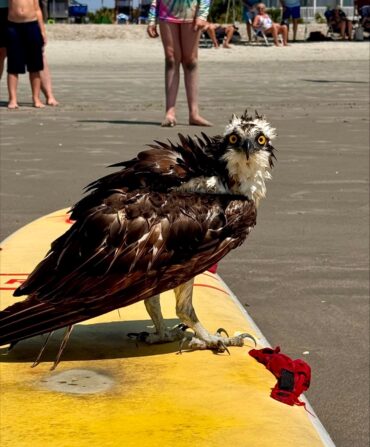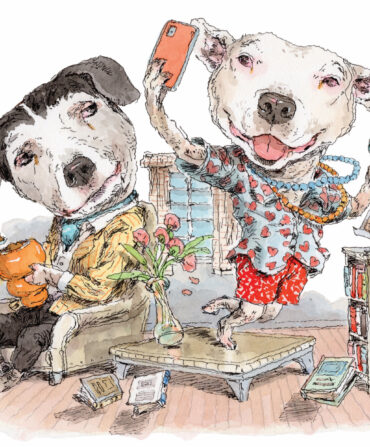Larry Callies wanted to be a cowboy for as long as he can remember. When he was three years old, his father put him on a horse for the first time, and once he learned to ride, the two began working for Sloan Williams, one of Texas’s largest rodeo stock producers. Along with their ranch duties, the pair traveled all over the state to take part in rodeos. The work was grueling. Callies ran cattle at the white rodeos on Thursdays, Fridays, and Saturdays, and at the rodeos for Blacks on Sundays. “We weren’t allowed to work with the best cattle on Sundays,” he says. “It was the ones no one wanted.”
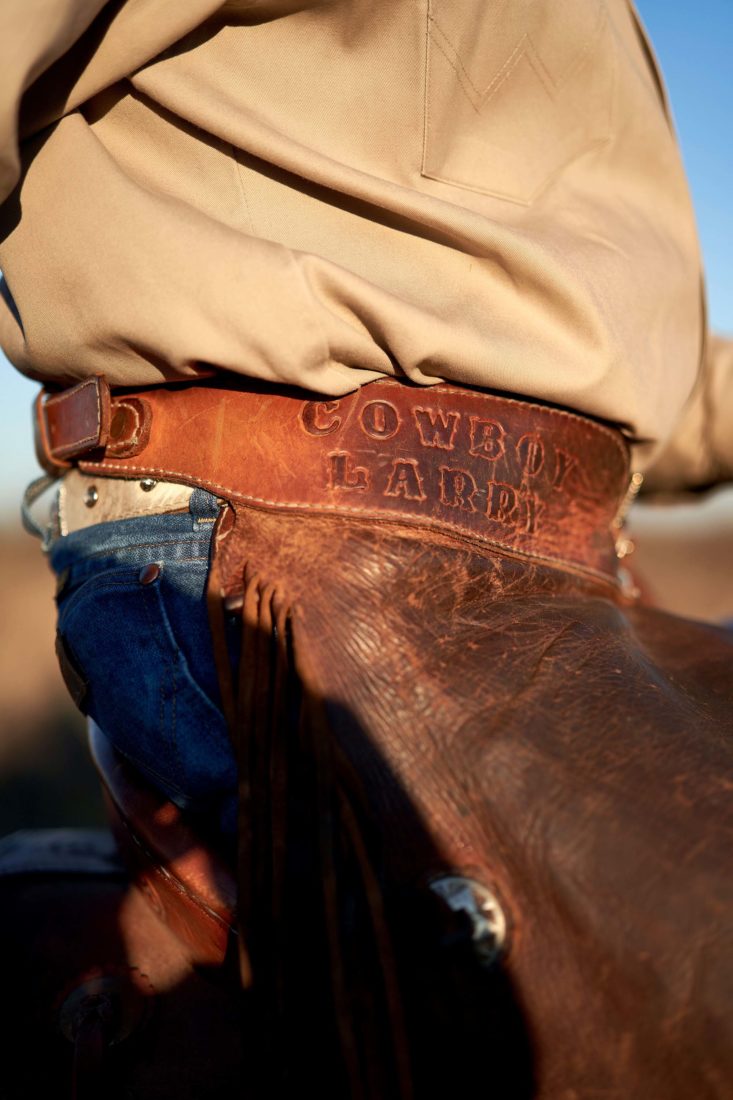
As an adult, Callies became a postal worker, but when he retired in 2011, he put on his cowboy gear once more to work at the George Ranch Historical Park outside of Houston. One day, he was helping clear out a barn when he found photographs of cowboys from the 1880s, all of them Black. “They were just going to throw the photos away,” he says. “I couldn’t believe it. The men in those photos looked like me.” He began to collect saddles, boots, and sheriff pins that once belonged to Black cowboys, and by 2017 had accumulated enough memorabilia to open the Black Cowboy Museum in Rosenberg, Texas.
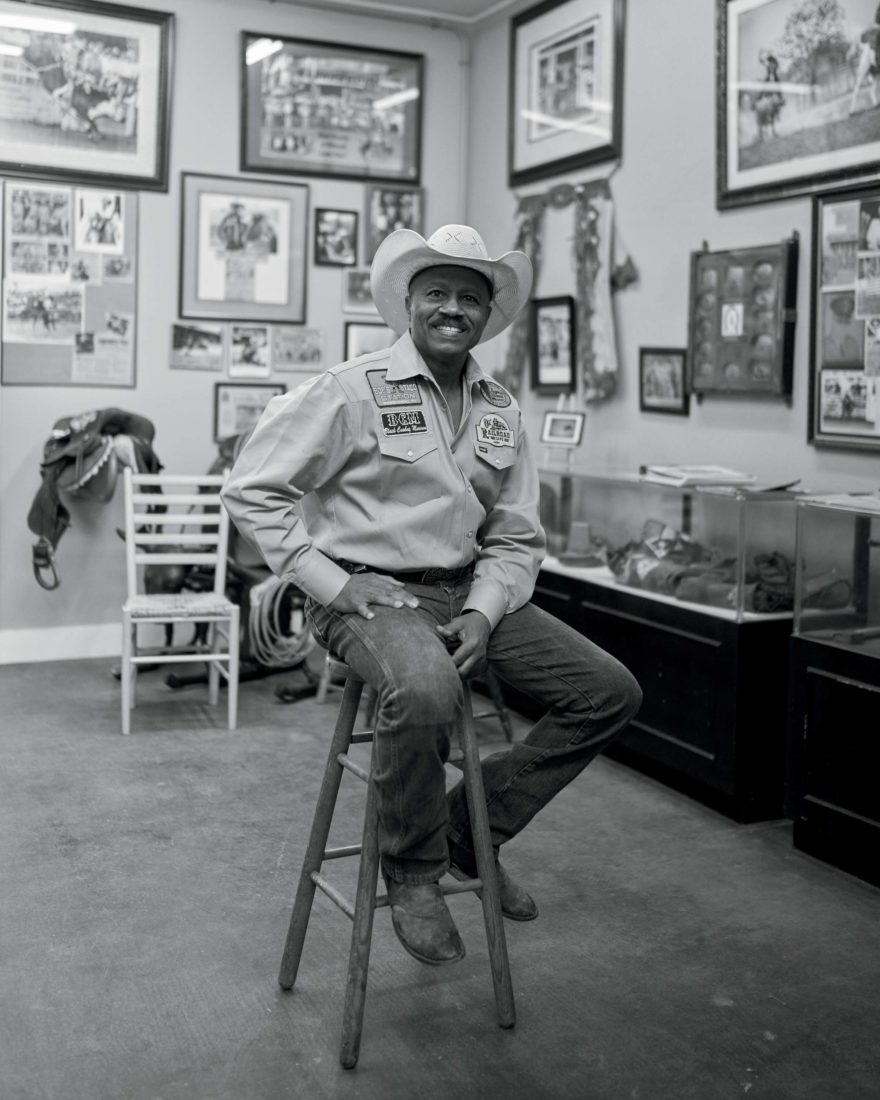
The whitewashing of American history is egregious, particularly when it comes to cowboys, as young boys and girls have long fantasized about riding around the prairies after watching Westerns starring only whites. But today the Black cowboy has risen in profile, embodied by the legendary Bass Reeves, who figures prominently in the hit HBO series Watchmen, along with the “yeehaw agenda,” a movement that celebrates pop culture figures such as the rapper Lil Nas X. Callies, who personally gives the tours in the museum, wants to make sure fans know exactly who these cowboys were. “People are just floored when they visit and see the stuff I have,” he says. “I’ve had people crying in here—they just don’t believe it. But they do when they leave.”
MEET MORE SOUTHERN HEROES
Next: Dust-to-Digital| Full list: See all 30 heroes


